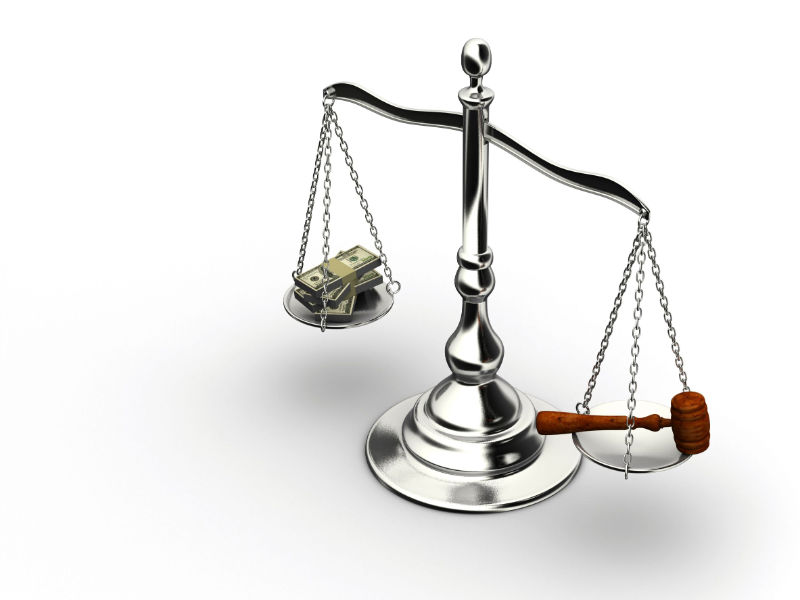When a bankruptcy discharge is granted, a debtor is released from liability for all debts, meaning they are no longer required to continue payments and a creditor may no longer take collection action against them. When the discharge is granted depends on the type of bankruptcy. In a liquidation, such as Chapter 7, the discharge will happen soon after the asset sale, which will often be just a few months after the initial filing. In a reorganization such as Chapter 11 or 13, the discharge will be granted upon conclusion of the repayment plan.
A discharge is automatically granted at the appropriate time unless the creditors raise objections. If this occurs, a Bankruptcy Attorney in Southfield can provide assistance in obtaining the discharge. Most debts are discharged, however there are a few exceptions. The first is certain property that the debtor avoided having liquidated by agreeing to a payment plan extending beyond the repayment period, if any, of the bankruptcy. Other exceptions are set by statute and include student loan debt, criminal restitution judgments, taxes, government fines, certain tort actions, and cooperative or condominium fees.
The objections that creditors can raise are limited and typically require some additional fault on the part of the debtor. These include failure to attend a financial management course, failing to provide full information during the bankruptcy process, lying to the court or trustee, the fraudulent transfer or destruction of property to avoid liquidation, and other similar acts. Similarly, a granted discharge can later be revoked for many of the same reasons if the conduct was not discovered until after the granting of the discharge. Because a mistake by a debtor could be construed as fraud or otherwise deemed as having provided insufficient information, a Bankruptcy Attorney in Southfield should be consulted at each step in the process to ensure that this does not happen.
Although debt collection action is forbidden and subject to substantial penalties if it continues beyond a discharge, a debtor may choose to voluntarily pay a debt. Common reasons for doing so include debts to family members or another person a debtor values, such as a family doctor.


